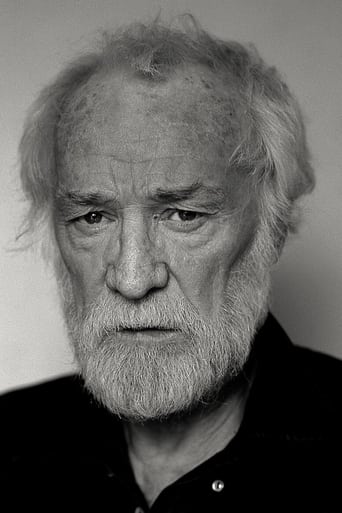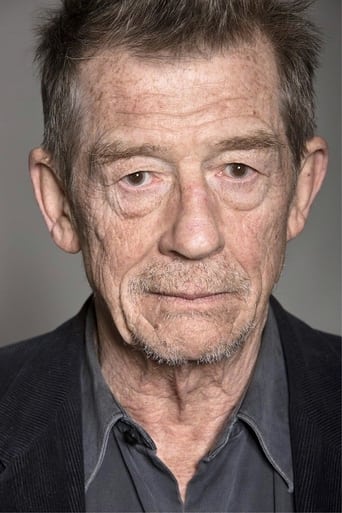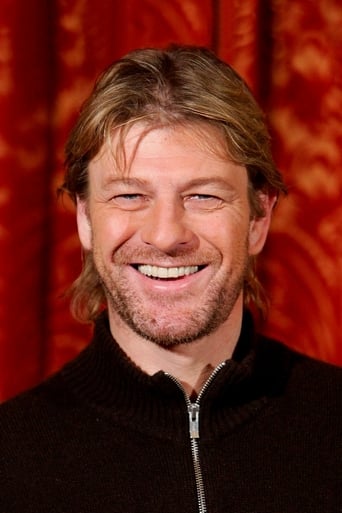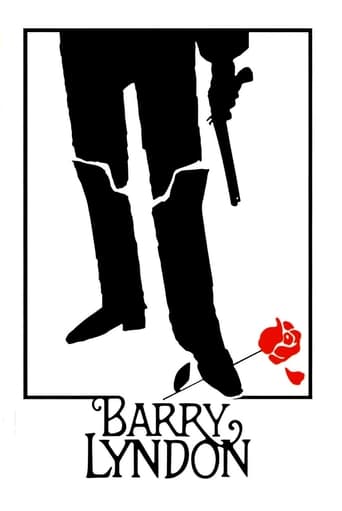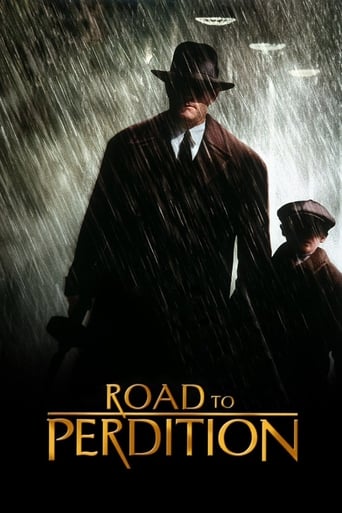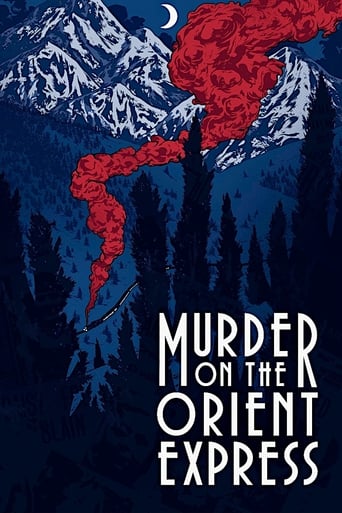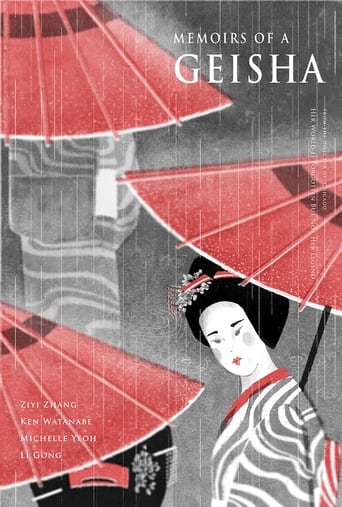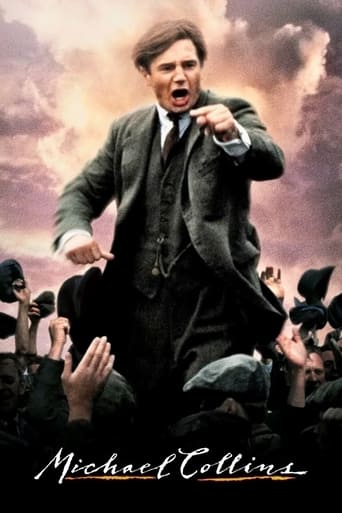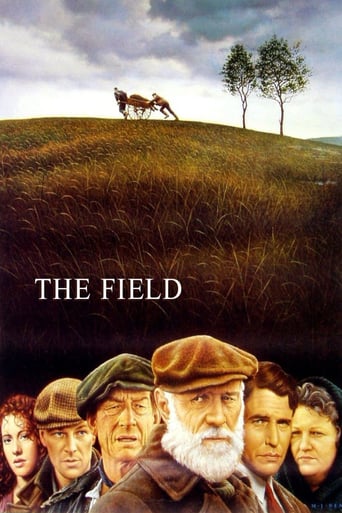
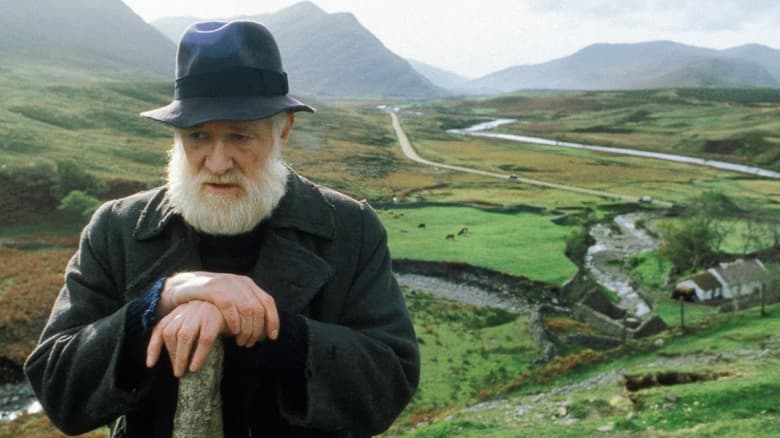
The Field (1990)
"Bull" McCabe's family has farmed a field for generations, sacrificing much in the name of the land. When the widow who owns the field decides to sell it in a public auction, McCabe knows that he must own it. While no local dare bid against him, a wealthy American decides he requires the field to build a highway. "Bull" and his son decide they must try to convince the American to let go of his ambition and return home, but the consequences of their plot prove sinister.
Watch Trailer
Cast
Similar titles
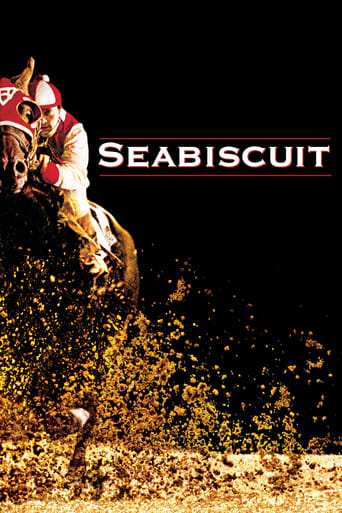
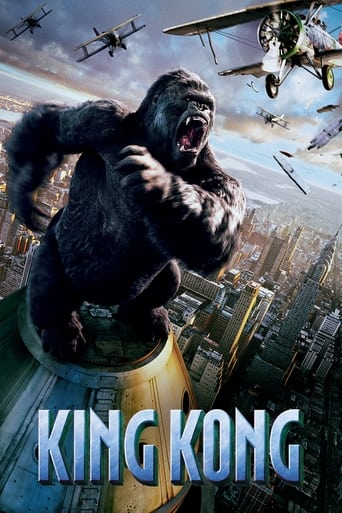
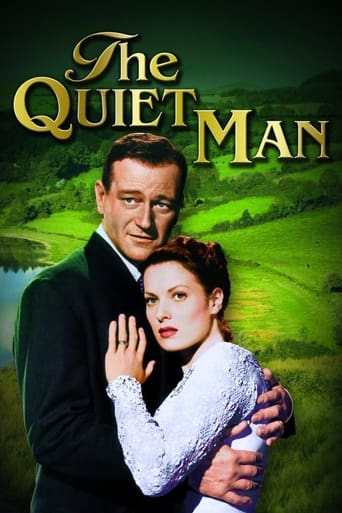
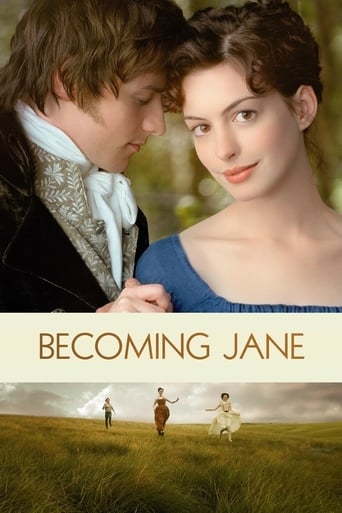
Reviews
That was an excellent one.
Although I seem to have had higher expectations than I thought, the movie is super entertaining.
This is a small, humorous movie in some ways, but it has a huge heart. What a nice experience.
The movie turns out to be a little better than the average. Starting from a romantic formula often seen in the cinema, it ends in the most predictable (and somewhat bland) way.
The church and the state will steal your property and use it to enslave your neighbours. Praise them and pay them so that they can do this, otherwise you may feel a little bit bad about yourself because some stupid A$$hole told you to.Die so that the machine may build a civilization (an inherently unsustainable and catastrophically destructive series of blocks requiring the importation of resources) where taxation runs around 40% and nobody owns anything due to eminent domain laws. This is so much better than feudalism! I will only pay if you force all of my neighbours to pay as well, that way it's fair!F the world depicted in this movie but f the world we're living in now even more. I'll take 1000000 dead donkies over the life of a good, honest, hard working upstanding man.
Richard Harris plays a crusty old Irish farmer, who after a lifetime spent tending a small plot of land for an English widow defies anyone to challenge his right to ownership when the property is offered for sale by public auction, but meets unexpected competition from a greedy American developer intent on paving it. How the Irishman finally acquires his precious field, and at what cost, makes for an often powerful drama, but everything after the auction itself is absurd anti-climax, piling tragedy upon tragedy for at least a full half hour of surplus screen time. The story is, of course, analogous to the much larger conflict between Ireland and Britain, suggesting that the Irish, with their near-obsessive attachment to the land, can at times be their own worst enemy. Tom Berenger's Ugly American is nothing more than a two-dimensional Yankee stereotype, and Elmer Bernstein's music score is all wrong, but the final, striking image of Harris trying in vain to hold back the tide aptly illustrates the futility of his challenging the inevitable.
I found this movie riveting up until the last 20 minutes or so. After the priest closes the gates to the church, the rest of it degenerates into a poor attempt at Greek tragedy, with Bull having everything stripped from him. There was no need to destroy the man further after losing Tadgh to the Tinker girl and pushing away his wife's one last attempt at reconciliation. Nothing was gained artistically in my view, and that part of the plot made little sense.For example, the body of the American was picked up from a lake just outside Bull's house (the image of the American hanging from the hook and the echo with Shamey's hanging brilliantly suggests all the guilt Bull must be feeling). Along with the donkey's carcass even if it's not proof Bull did the murder, he should have been held for questioning given everything else. Instead, he is allowed to freely walk around and get himself into further trouble.Little things also got in the way for me. For one, the field was just too small, both to support Bull or to support a mill to grind limestone into roadbed. The herd of Bull's cattle he was driving at the end was just too large for the field to feed, and no single man on foot could have driven them a long distance over rocky ground to the edge of a cliff (not to mention previous scenes had shown the path between the field and the sea did not go through the village). Nobody who had ever grown up around cattle such as Tadgh would ever think to get in front of a stampede, even in grief. It would be like someone who grew up in a city jumping in front of a locomotive running at a high speed to stop someone on the train. It just isn't done unless you are suicidal and I don't think Tadgh was at that point. As someone who is actually familiar with that kind of life, director Sheridan's lack of attention to detail suggests someone who really didn't understand farming or who ultimately only really cared about the psychodrama at the story's center. As a result, he only did an adequate job of fleshing out the play into a movie.Still, the acting was excellent throughout as was Sheridan's direction of the actors. The dark layers underneath Bull's life and family were expertly stripped away as the movie progressed. It was a little like seeing the Irish version of "Long Day's Journey into Night". As someone who grew up on a farm, I understand Bull's love/hate relationship with land that he has worked for decades. It really is like raising another member of the family, and no other movie I can think of has ever shown this better than the moving speech Bull gives at one point (I have to wonder if this speech is a carryover from the original play given Sheridan's missteps in showing farming). And the depiction of the grinding poverty of rural Ireland, the entanglement of ancient wrongs on current family lives, and the ambiguous relationship Bull had with the Church all were in accord with my readings of Irish history (and this is an area in which I'm sure Sheridan and playwright Keane are expert).
I was surprised that all the critics panned this film as overwrought and overacted. Granted, Richard Harris did seem to be playing King Lear, but if this had been a Japanese or some other foreign film the critics would have been kissing his feet.This is not about the Ireland of Ballykissangel, The Quiet Man, or any film with Barry Fitzgerald patronizing the local pub quaffing stout while quoting witty epigrams. This is the Ireland of unrelenting poverty, generational blood feuds, anger, bitter resentment, and miserable hard scrabble existence, where the most important thing in life is title to one's land. The famine is talked about as if it occurred last year, rather than 80 years before the story is set and the Irish who emigrated are resented by those left behind. Every injustice suffered by the Irish people since time began is remembered and nursed along as if remembrance of past injustice was passed along with the genes. Possible plot spoiler ahead.Bull McCabe is one of those whose family stayed on after the famine to work a tiny patch of barren rocky land which they built up over the years with hard physical labour. We assume that they lost their land during the famine, or perhaps during the time when catholics could not inherit land, even from their father, and they now rent from a widow. the fact that Bull has little time for the church and comments that priests did not starve in the famine, might mean that the family was persecuted for being catholic and lost their land. To Bull, the land is everything and he expects his son to inherit. Bull is a bully, pure and simple and never goes anywhere without his hangers on. No one in the village dare stand up to him, and he expects that his word is law. He wears his grudges like a comfortable cloak, enjoying his misery and hatred of both the English and the Irish who emigrated to America. Unfortunately, his son Tadgh does not share his father's obsession, and retaliates against his father by sneaky underhand tactics such as terrorizing the widow who owns the land, and sneaking off to be with the tinker girl. Even the choice of a wife is being made by his father, more on the basis of how much land she will inherit and whether she will be able to bear children. Considering that Bull has not spoken to his own wife for 18 years, it is doubtful that love might come into the relationship. When an Irish American shows up throwing his money around, with plans to develop the potential of the area, which includes paving over the hard won field, events take a tragic turn as Bull's domination is challenged. Everything Bull and his father and his father before him has worked for is now threatened. It may be easier to understand Bull's obsession is you know how scarce land is in Ireland and how difficult it is to obtain. Much of the land is rocky and unproductive. The famine was not the only reason for the emigration, the fact that the land could not support more than one family at a time, and sometimes not even that. Even the professions were closed to catholics, not that the peasants had the money to educate their children. There was a moving scene in the film where a wake was held for the young people who were emigrating. If you enjoyed "Falling for a Dancer" which had a similar theme, you will like this film, but be warned, while engrossing, it is a very dark and sometimes depressing tale. The performances by the late Richard Harris, Sean Bean and John Hurt are stupendous. It is a great shame that there are not more films of this type for them to show what they can really do.
